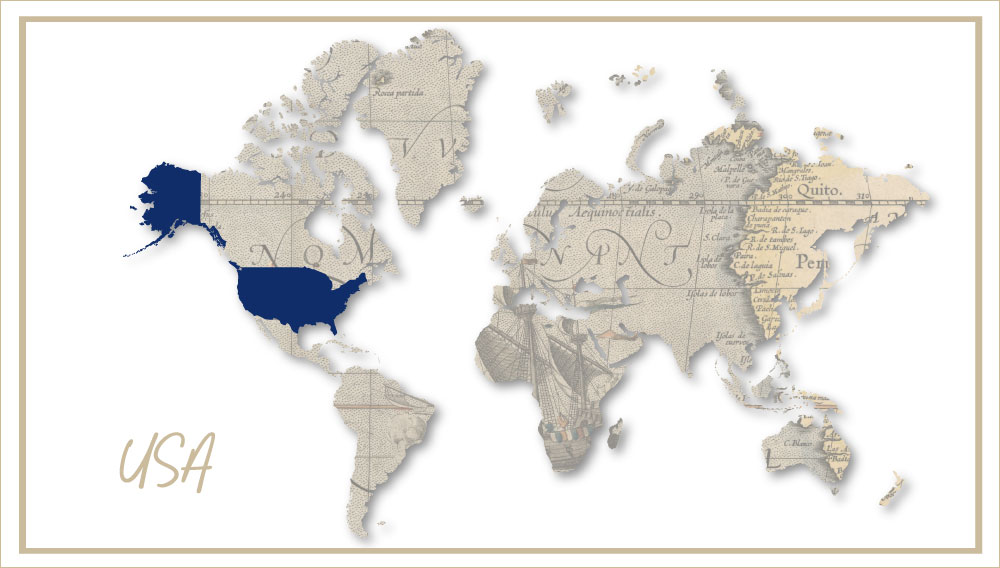Big food brands are flagging: a lesson for Warren Buffett and 3G
USA | The Age of Disruption is upon us, and has taken many industry captains by surprise, including Jorge Lemann, one of the founders of Brazilian private equity firm 3G and a major shareholder of AB-InBev. He already admitted in 2018 that he could not have imagined that big brands could go out of fashion with consumers so quickly.
At the 2018 Milken Institute Global Conference he said: “I’m a terrified dinosaur. […] I’ve been living in this cosy world of old brands and big volumes. We bought brands that we thought could last forever.” He added: “You could just focus on being very efficient. [...] All of a sudden we are being disrupted.”
While AB-InBev has dealt with the craft beer onslaught pretty well, all things considered, 3G’s other investment, the food company Kraft Heinz, had to take a beating in 2018.
Mr Lemann was not alone in being caught off-guard. His partner in Kraft Heinz, Warren Buffett, has equally been affected by consumers voting with their feet.
The merger that Messrs Lemann and Buffett orchestrated between Heinz and Kraft in 2015 has turned out badly. They paid too much for an indigestible bunch of ageing brands in the wrong country, The Financial Times said recently.
The multi-billion impairment of Kraft Heinz’s assets, that contributed to a plunge in its share price in February 2019, can be attributed to various causes – cost-cutting by 3G, discounting by supermarkets, and changing tastes among millennials.
But there is a simpler explanation, the Financial Times thinks: 98 percent of Kraft’s sales before the merger were in North America. However, in the US, consumers are finally seeing the allure of private label food brands. Sales of the Kirkland Signature private label (USD 39 billion), which is owned by Costco, a discount warehouse club, have overtaken all of the Kraft Heinz brands put together.
The old formula – advertising brands heavily and pushing them on to supermarket shelves – is failing. The “moat” around US packaged food brands has been crossed.
While supermarkets’ private labels are huge in Europe, not least thanks to the onward march of discount retailers Aldi and Lidl, which have taken them to represent more than 30 percent of retail sales (in value terms) according to Nielsen, they are still smallish in the US at only 17 percent (data for 2016).
The most troubling development for Messrs Lemann and Buffett is that retailers have adapted to consumers better than Kraft Heinz. The Simple Truth organic brand, which was created by the US supermarket chain Kroger, passed USD 2 billion in annual sales in 2017. This underlines that private labels have already morphed into supermarket brands, transitioning from what used to be non-descript products to aspirational brands.
This has daunting implications for Messrs Lehmann and Buffett’s attachment to US food brands. Low cost retailers such as Costco and Walmart enjoy moats too. If they sell their own brands, they are competing with Kraft Heinz and others, and cutting the price premium they enjoyed.
It turns out the US has more in common with Europe than both Mr Lemann and Mr Buffett had realised.
Authors
Ina Verstl
Source
BRAUWELT International 2019

